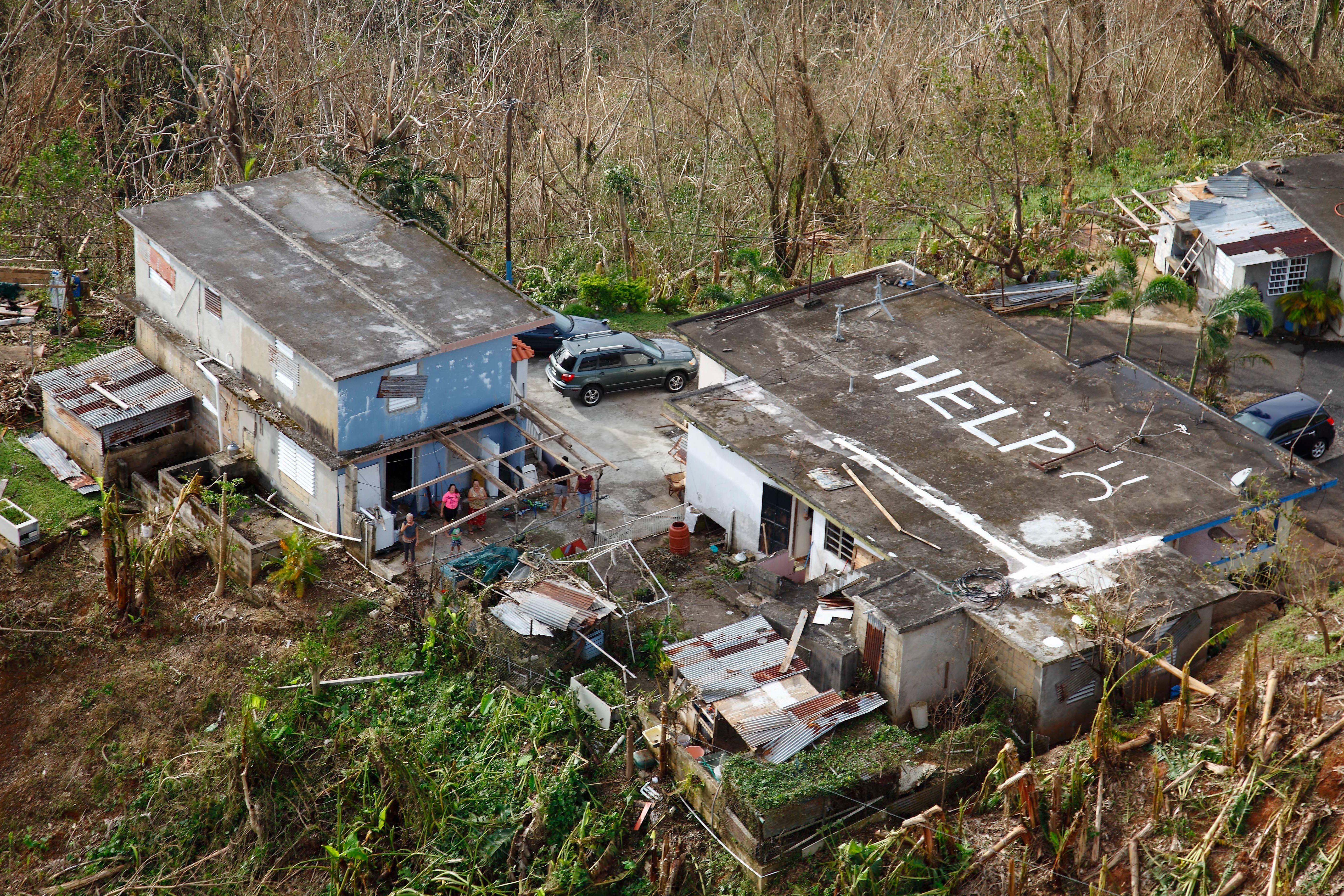While the British Empire is permanently in the background of Western imperialism, the United States has never admitted to such a legacy. This is not to say it has nothing to own up to—unless you’re Bruce Gilley, of course—whether that be involvement in Native genocides and land grabs, the transatlantic slave trade, Japanese internment, the Hiroshima and Nagasaki atomic bombings, radioactive testing in the Marshall Islands or any other morally decrepit decision. And while it’s not a recent occurrence, the U.S. has come into its role as a modern empire.
Perhaps the most obvious and least discussed example of this is America’s 14 colonial possessions, five of which are inhabited: Puerto Rico, Guam, the U.S. Virgin Islands, Samoa and the Northern Mariana Islands. With the exception of Samoa, the people in these territories are U.S. citizens; additionally, they are only allowed to vote in the primary presidential elections. Each territory has a non-voting member in the House of Representatives and no representation in the Senate. They’re also upheld to different tax structures in which they’re treated as a foreign source rather than domestic.
In addition to taxation without representation—ironically, the reason the original 13 colonies revolted and became the U.S.—the very idea of territories was intended to be temporary, defined as either incorporated, meaning on track to become a state, or unincorporated. While the oldest territories, Puerto Rico and Guam, have been under the U.S. political structure since 1898, all five inhabited territories are unincorporated, which begs wondering if their final status is simply to exist in a colonial limbo.
A peculiar aspect of the U.S. empire is exporting its socio-political endeavors in an effort to exert control when the initiatives fail at home, such as the Mexico City policy. Commonly referred to as the Global Gag Rule and sometimes shortened to GGR, the policy restricts foreign NGOs from U.S. funding not only if they provide abortions but even if they advocate, counsel or provide referrals for them.
Since its inception in 1973, the same year Roe v. Wade mandated abortion to be legal in the U.S., presidential administrations have gone back and forth rescinding and reinstating the GGR. While former President Barack Obama overturned the GGR early in his first term, President Donald Trump re-imposed the rule three days into his term. The Center for Health and Gender Equality estimate the impact of his version of the rule will contribute to 6.5 million unintended pregnancies, over 2 million unsafe abortions and almost 22,000 maternal deaths worldwide.
America’s modern-day crusades
America’s global influence stems from more than just its political arm. U.S. evangelicals have exported their desired policies elsewhere, most notably to Uganda. According to Vox, the Christian anti-LGBTQ+ organization Exodus International was invited to speak to an audience of Ugandan lawmakers at a 2009 conference, “Seminar on Exposing the Homosexuals.” Shortly after, the notorious “Kill the Gays” Bill was introduced to Parliament and passed in 2013 under its new name, “The Uganda Anti-Homosexuality Act.”
Zimbabwe, Kenya and Nigeria have a similar history with U.S. evangelicals. According to The Nation, the Christian law firm American Center for Law and Justice has had Zimbabwean and Nigerian offshoots since 2010, which have expressly designed to train lawyers and promote constitutional amendments with clear pro-Christian, anti-LGBTQ+ agendas.
U.S. military and ‘humanitarian intervention’
While these foreign interjections may fly under the radar, America’s military prowess is hard to deny even for the most agnostic. According to the Stockholm International Peace Institute, the U.S. spent $610 billion in 2017 on its military—more than China, Russia, Saudi Arabia, India, France, the United Kingdom and Japan combined. And out of the world’s 15,000 nuclear warheads, America’s 6,800 are topped only by Russia’s 7,000. (Cut to Trump v. Putin bigger dick contest.)
The United Nations’ Responsibility to Protect is intended to encourage the international community to respond appropriately against humanitarian crimes; however, as Noam Chomsky pointed out in his lecture “Human Rights in the New Millenium,” the Evans Report goes well beyond by allowing NATO to declare for itself its own jurisdictions when responding militarily.
Worldwide, the U.S. has over 800 bases in more than 70 countries, and there may be more undisclosed locations. And while U.S. military personnel are stationed accordingly, the use of drone strikes is increasingly prevalent. The Council on Foreign Relations has tracked the 542 drone strikes under former President Obama’s two terms, as well as the number of civilians killed in each in Pakistan, Yemen and Somalia—3,797 total. Additionally, The Intercept reported since 2011, Libya has experienced 550 drone strikes.
Like the empires that have come before, the modern U.S. empire continues to assert its influence globally. Whether it’s military imposition and Western, pro-Christian influences in developing nations or pushing anti-abortion and anti-LGBTQ+ agendas, the U.S marches forward, continuing to expand its power and reach, but to what end?
When I first came to PSU, I was a Chinese major, having studied three years prior in high school alongside French and Japanese. After the first year, I took a hiatus. I don't believe in going to college straight out of high school, but it's what was expected. I returned a few years later to study Japanese at PCC and Arabic at PSU. I am now a junior majoring in International Studies: Middle East and Arabic. In the future, I would like to work as a journalist or humanitarian aid worker in the region, helping people who lack economic and political backing and media exposure.





